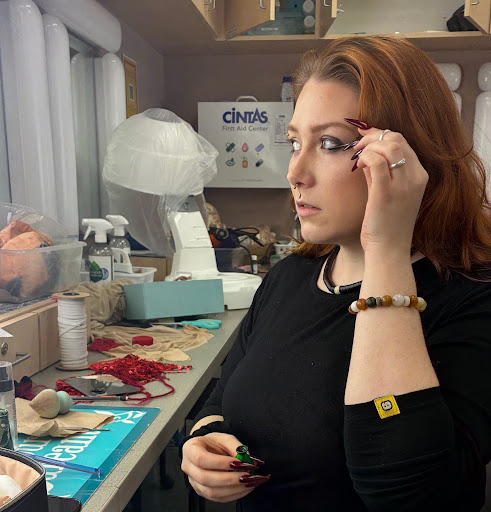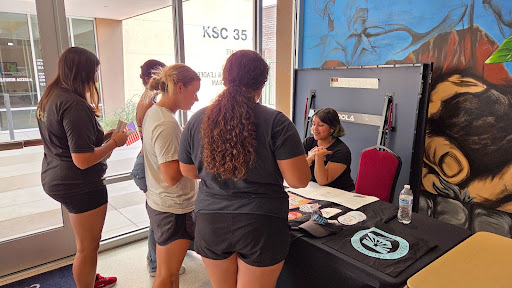Early treatment encouraged for those who contract HPV
Jessica Becaj
College students have much more than just grades and parties to worry about with the widespread epidemic of HPV or Human Papillomavirus among those who are sexually active.HPV is the most commonly spread Sexually Transmitted Disease in the United States with a 37.8 percent per patient- year incidence of genital HPV for college freshmen who used condoms compared to an incidence of 89.3 percent among those who did not.
The Center for Disease Control estimates that by the age of 50, more than 80 percent of American women will have contracted at least one strain of HPV.
“I advise every single youth I know that is sexually active to get tested,” said Central Phoenix Medical Center gynecologist Barbara Lipshitz.
“The tricky thing about HPV is that most often a young person does not know that they are infected until a symptom pops up.
“Some strains will cause genital warts, some provide no symptoms, but cause lesions to the cervix resulting in cervical cancer, and others will never cause a thing,” said Lipshitz.
Lucille, (not her real name), an ASU senior discovered she had HPV during her sophomore year after an abnormal pap smear.
“I didn’t have any symptoms or anything, I was just going for a routine check-up, where I found out I had the strain that caused cervical cancer.
My doctor said that we were really lucky we caught it so early otherwise it could have led to infertility or worse,” she said.
Lucille was initially devastated, but her doctor told her that she did not have to tell her partner.
“Unless you only have had only one sexual partner, you can never know who you contracted HPV from and even sexual behavior without penetration can still lead to HPV because the virus can result from skin-to-skin contact,” said Lipshitz.
“The virus can also lay dormant in your system for up to three months or never even surface,” she added.
Connie Kessler, a nurse practitioner at ASU Student Health Center finds it hard to believe that Lucille’s doctor told her she wouldn’t have to tell her partner about the virus.
“STD’s are a big deal on such a large campus and we take them very seriously, urging all of our students to be forthright and most importantly, safe. The best way to prevent STD’s is through the use of dental dams and condoms because now HPV transmitted orally is linked to throat cancer,” said Kessler.
Students do have a way of fighting against HPV with the new vaccine Gardasil.









